Optimal Seasons for Foundation Repairs
Foundation repairs are essential for maintaining the structural integrity of a building. The timing of repairs can influence their effectiveness and longevity. Understanding the optimal periods for addressing foundation issues can help prevent further damage and reduce repair costs.
Spring offers moderate weather conditions, making it suitable for foundation repairs. Soil moisture levels are typically optimal, allowing for effective stabilization work.
Summer provides longer daylight hours and warmer temperatures, which can facilitate quicker repair processes. However, excessive heat and dry soil conditions may pose challenges.
Fall is ideal for foundation repairs due to cooler temperatures and increased soil moisture, which support soil movement and settlement assessments.
Winter is generally less favorable for foundation repairs due to cold temperatures, frozen ground, and potential for snow or ice, which can delay work and affect results.
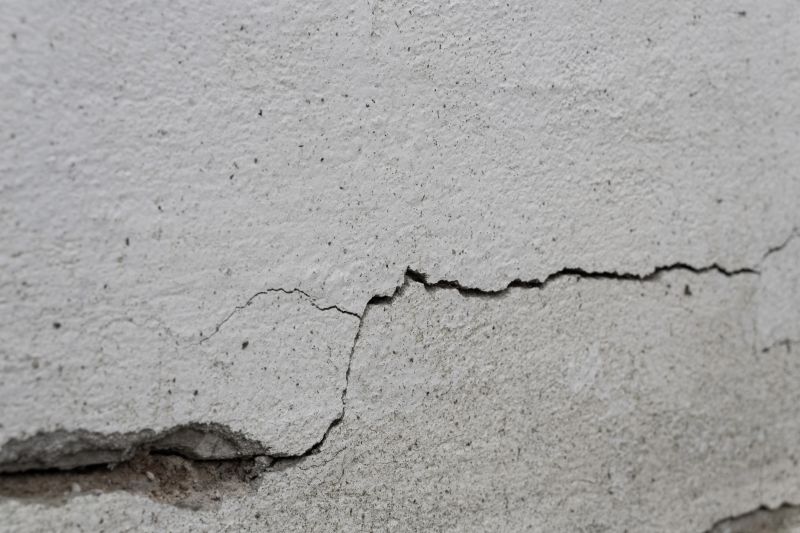
Ways to make Foundation Repairs work in tight or awkward layouts.
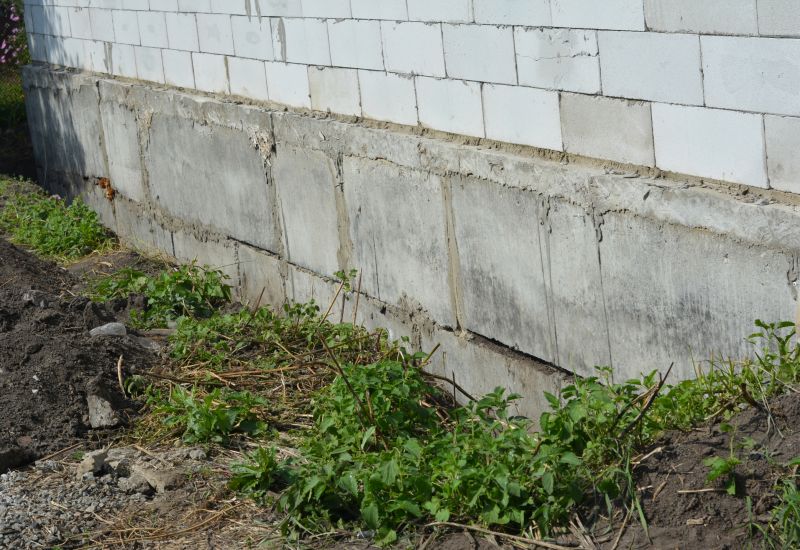
Popular materials for Foundation Repairs and why they hold up over time.
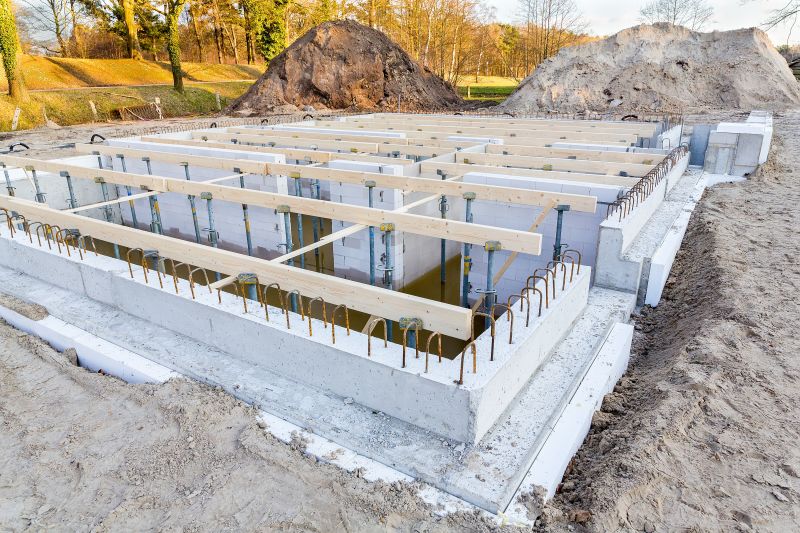
Simple add-ons that improve Foundation Repairs without blowing the budget.
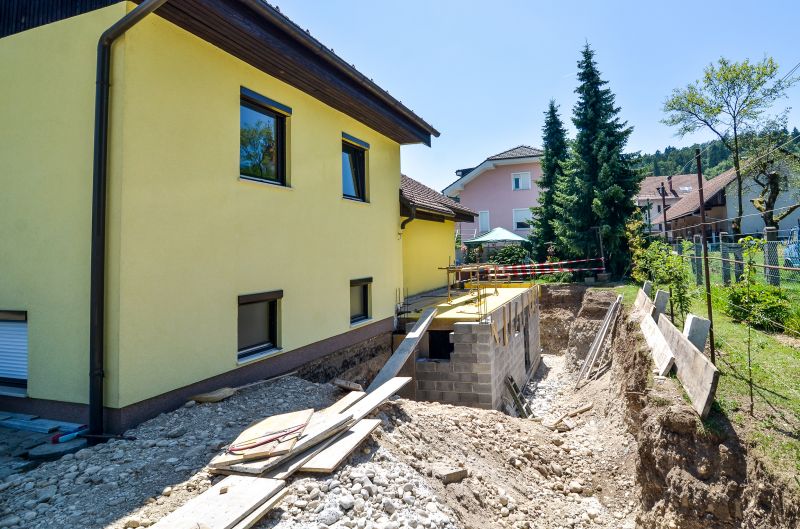
High-end options that actually feel worth it for Foundation Repairs.
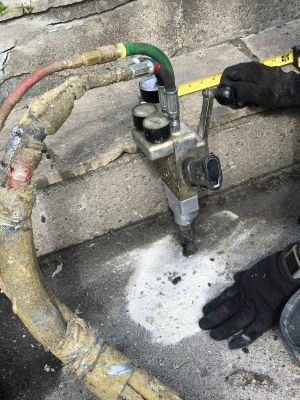
Finishes and colors that play nicely with Foundation Repairs.
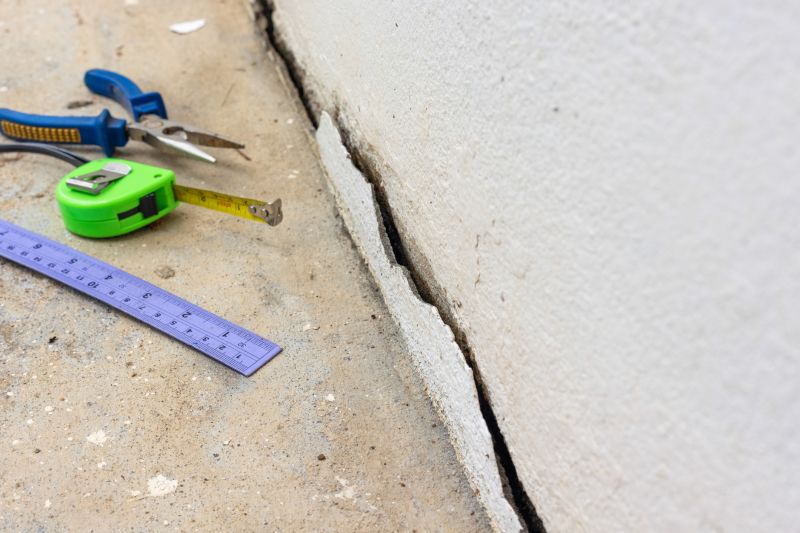
Little measurements that prevent headaches on Foundation Repairs day.
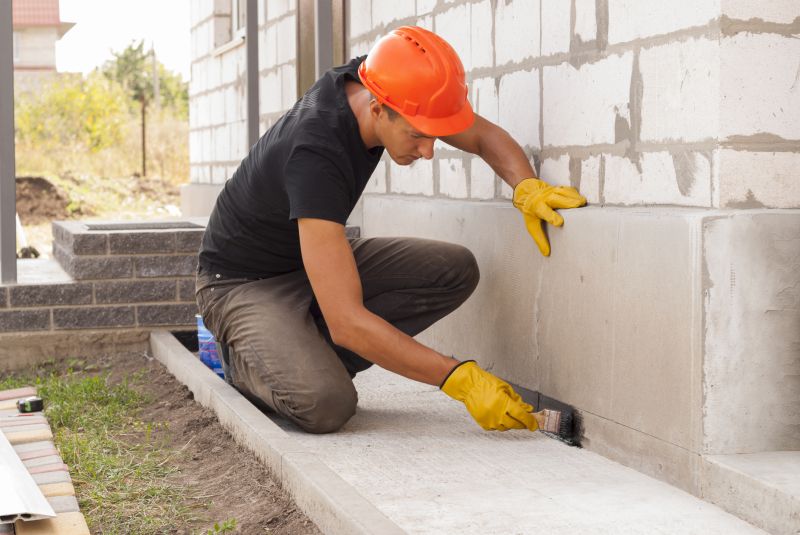
A 60-second routine that keeps Foundation Repairs looking new.
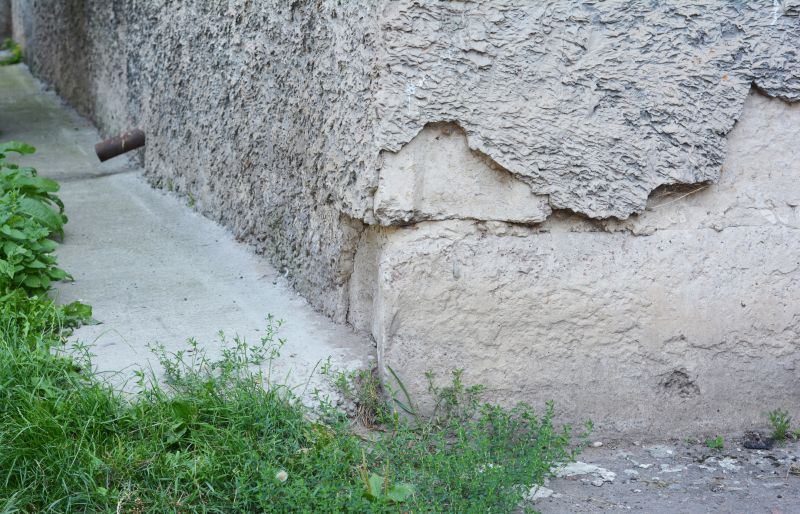
A frequent mistake in Foundation Repairs and how to dodge it.
| Season | Best Conditions for Foundation Repairs |
|---|---|
| Spring | Moderate soil moisture, mild temperatures |
| Summer | Longer daylight, warmer weather; watch for dry soil |
| Fall | Cooler temperatures, increased soil moisture |
| Winter | Cold temperatures, frozen ground, generally not recommended |
Foundation repairs address issues such as cracks, settling, and shifting that can compromise the safety and stability of a structure. Timely intervention is crucial to prevent further damage, which can lead to costly repairs or structural failure. Factors like soil type, weather patterns, and the severity of damage influence the best timing for repairs. Properly scheduled repairs can extend the lifespan of a building and improve safety standards.
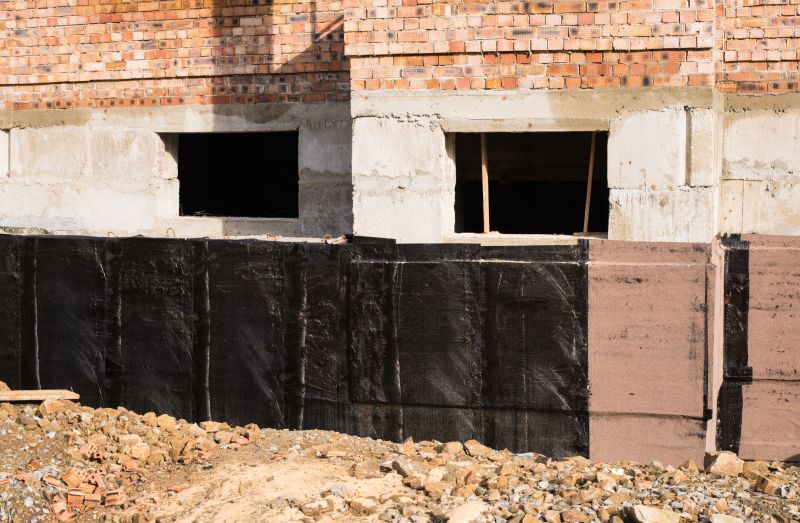
Small tweaks to make Foundation Repairs safer and easier to use.
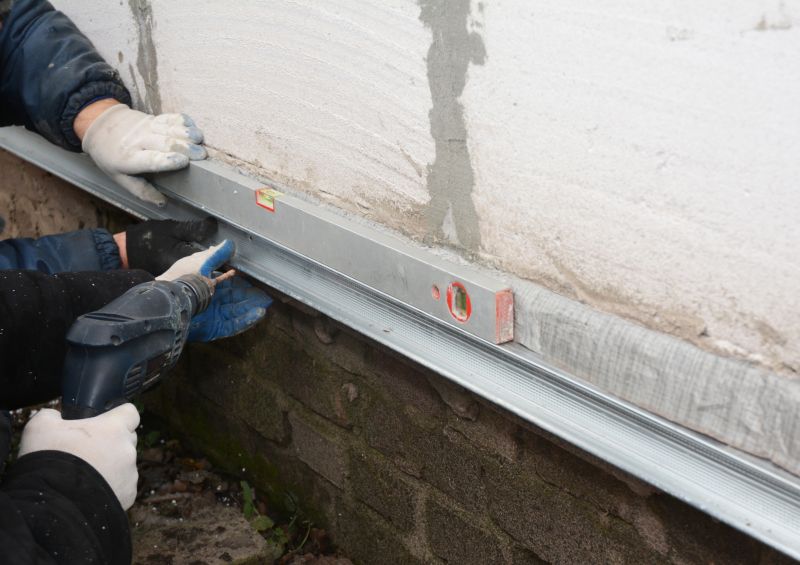
Lower-waste or water-saving choices for Foundation Repairs.
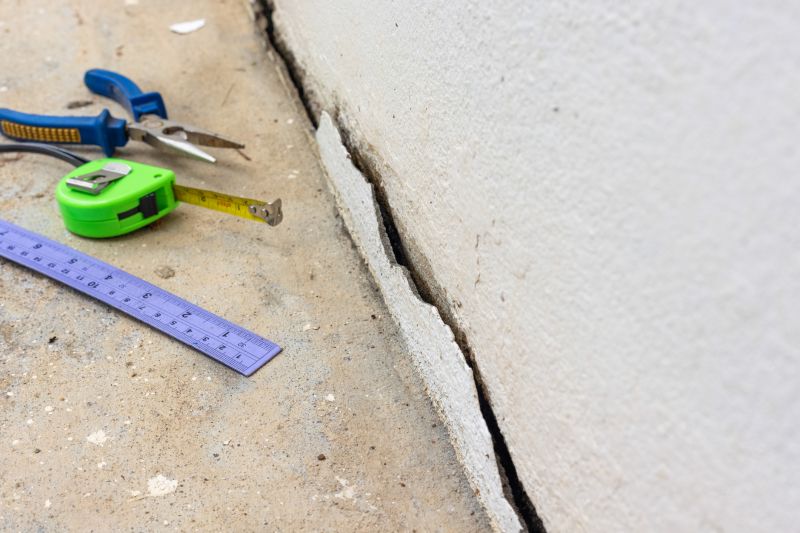
The short, realistic tool list for quality Foundation Repairs.
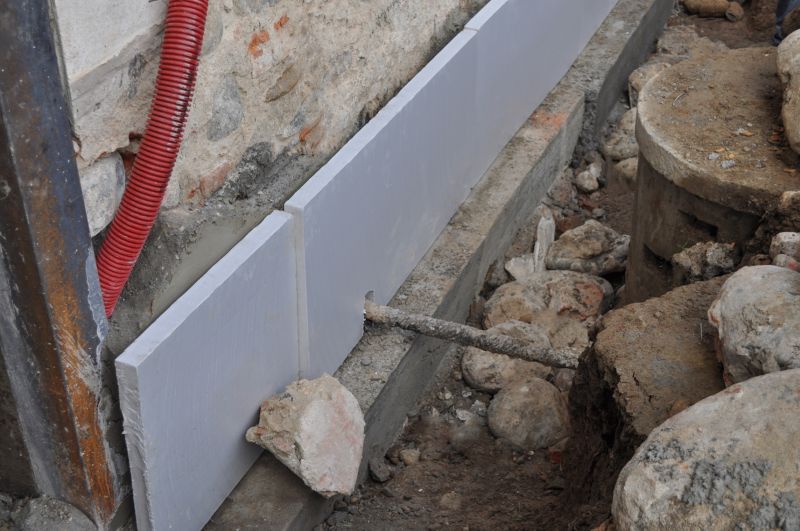
Rough timing from prep to clean-up for Foundation Repairs.
Interested in foundation repairs? Filling out the contact form can provide more information about suitable timing and repair options tailored to specific needs. Proper scheduling and timely repairs contribute to the long-term stability and safety of a property.


